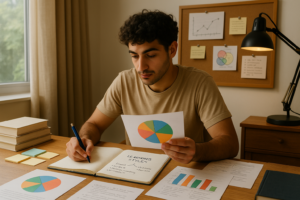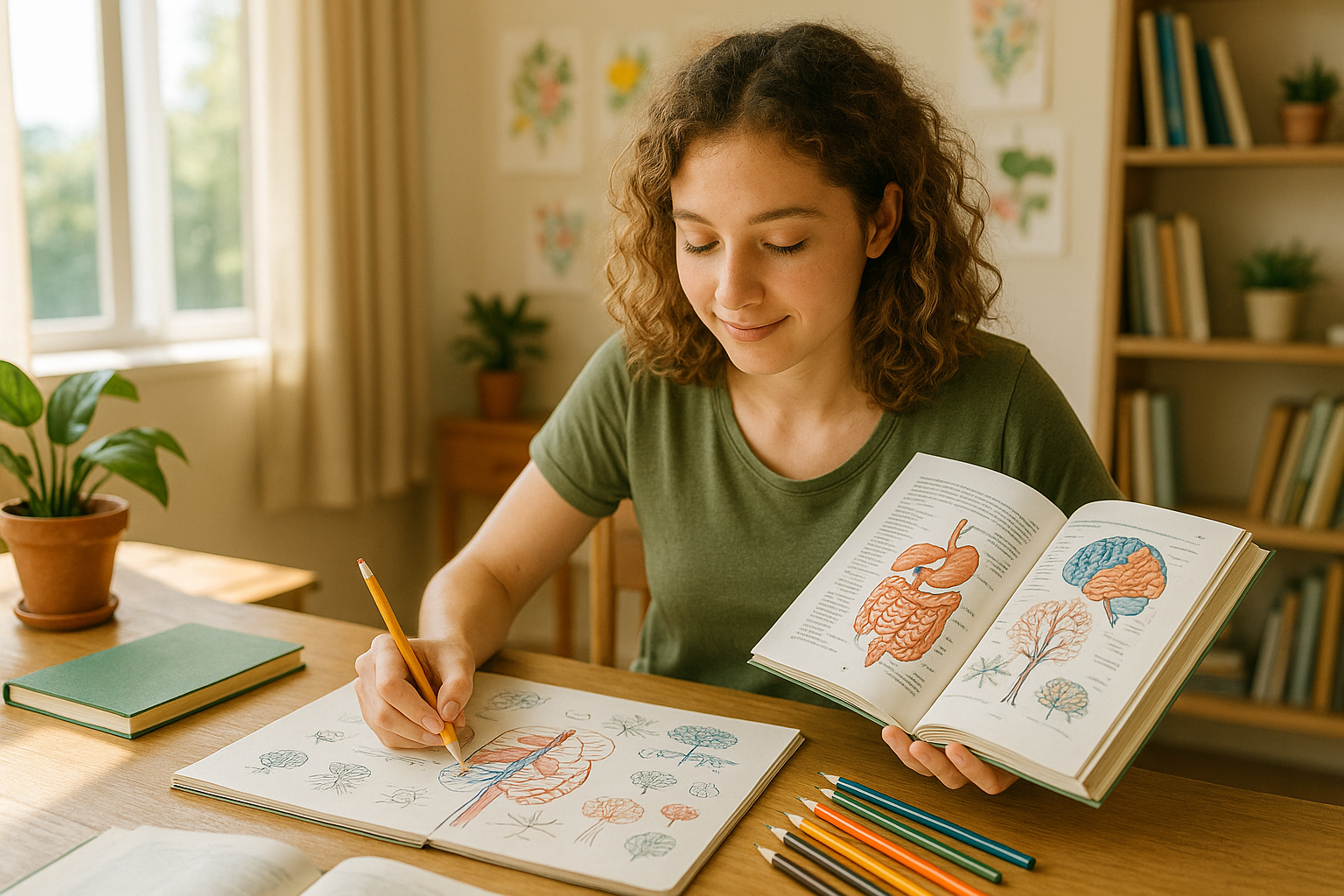How to Turn Your Hobby Into a Study Tool
Introduction
Studying doesn’t always have to mean sitting at a desk with a pile of textbooks. In fact, some of the most effective learning happens when you link school subjects to activities you already love. Whether it’s music, art, gaming or sports, your hobbies can become powerful tools to help you understand and remember academic concepts.
Why Hobbies Work for Learning
When you’re doing something you enjoy, your brain releases dopamine – a feel-good chemical that also boosts memory and learning. By connecting schoolwork to activities you’re passionate about, you make studying feel less like a chore and more like a creative challenge.
1. Music
If you play an instrument, try composing a short tune to remember facts or formulas. Even listening to certain playlists while studying can help with concentration and recall.
2. Art
If you enjoy drawing, turn your notes into diagrams, mind maps or comic strips. This taps into visual memory, making it easier to recall details in tests.
3. Gaming
Strategic video games can help with problem-solving and quick thinking. You can also create quiz games based on your school subjects to make revision more interactive.
4. Sports
Link sports stats to maths concepts, or use movement-based activities to memorise sequences, such as dance routines to remember historical events in order.
5. Photography
If you enjoy photography, take pictures that represent the topics you’re studying and create a visual study guide.
How to Get Started
- Choose a hobby you already love.
- Find creative ways to connect it to a subject you’re learning.
- Test yourself to see if the method helps you remember better.
Conclusion
Turning your hobby into a study tool isn’t just about making learning fun – it’s about making it personal. When your schoolwork connects to something you care about, motivation comes naturally, and learning becomes part of your everyday life.




